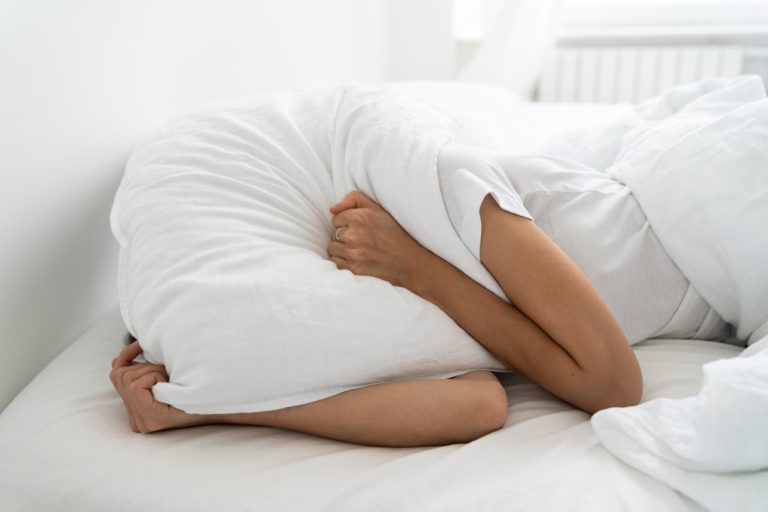
Taking sleep for granted
Too much caffeine, alcohol and sleeping tablets
Shift work
Jet lag
If you’ve travelled to a different time zone, you might experience jet lag. This is when your body is out of sync with the new time zone and can result in disrupted sleep, fatigue and even illness. Your internal body clock will readjust to the new time zone but may take some time.
Eating and drinking late
Not taking time to wind down before bed
Stress and anxiety
Sleep disorders
There are a number of sleep disorders that can make it hard to get a good night’s sleep. These include insomnia, sleep apnoea and restless legs syndrome. If you think you might have a sleep disorder, it’s best to see your doctor for a diagnosis and steel a referral to a sleep specialist.
Medical conditions and pregnancy
There are some medical conditions that can make it hard to sleep. These include arthritis, depression, heart disease and Parkinson’s disease. If you’re finding it hard to sleep, it’s worth seeing your doctor in order to rule out any underlying medical conditions.
During pregnancy, your body goes through a lot of changes which can lead to poor sleep, especially in the final months.
Medication side effects
Some medications can have side effects that make it hard to sleep. These include some antidepressants, beta-blockers and blood pressure medication. If you think your medication is affecting your sleep, it’s best to see your doctor for advice.
As you can see, there are many potential causes of poor sleep. If you’re struggling to get a good night’s rest, you should see your doctor for a health check in case there are any underlying medical conditions or sleep disorders. Once you’ve ruled these out, there are a number of things you can do to improve your sleep and, of course, our sleep experts are always on hand to answer your sleep health queries by phoning 1800 717 566.



